Featured News - Current News - Archived News - News Categories
Health Literacy is A Growing Problem For All Americans
by Janice CuddaheeLiteracy New York has long been concerned about the state of health literacy.
Only 12% of adults have proficient health literacy, according to the National Assessment of Adult Literacy. In other words, nearly nine out of ten adults may lack the skills needed to manage their health and prevent disease. 14% of adults (30 million people) have Below Basic health literacy. These adults were more likely to report their health as poor (42%) and are more likely to lack health insurance (28%) than adults with proficient health literacy.
Low literacy has been linked to poor health outcomes such as higher rates of hospitalization and less frequent use of preventive services. Both of these outcomes are associated with higher healthcare costs.
Populations most likely to experience low health literacy are older adults, racial and ethnic minorities, people with less than a high school degree or GED certificate, people with low income levels, non-native speakers of English, and people with compromised health status. Education, language, culture, access to resources, and age are all factors that affect a person's health literacy skills.
Literacy New York is directly connected to the issue of health literacy because our providers have increasingly sought training in this area. More and more, students are requesting help with health literacy.
Even though the primary responsibility for improving health literacy lies with public health professionals and the healthcare and public health systems, we must work together to ensure that health information and services can be understood and used by all Americans. We must engage in skill building with healthcare consumers and health professionals. It is our role as adult educators to be productive partners in reaching adults with limited literacy skills.
The complexity of health literacy requires that organizations like Literacy New York and our network of providers help low literacy adults fully understand their health status. We will continue to work in this area.
(National Center for Education Statistics. 2006. The Health Literacy of America's Adults: Results From the 2003 National Assessment of Adult Literacy. Washington, DC: U.S. Department of Education.)




